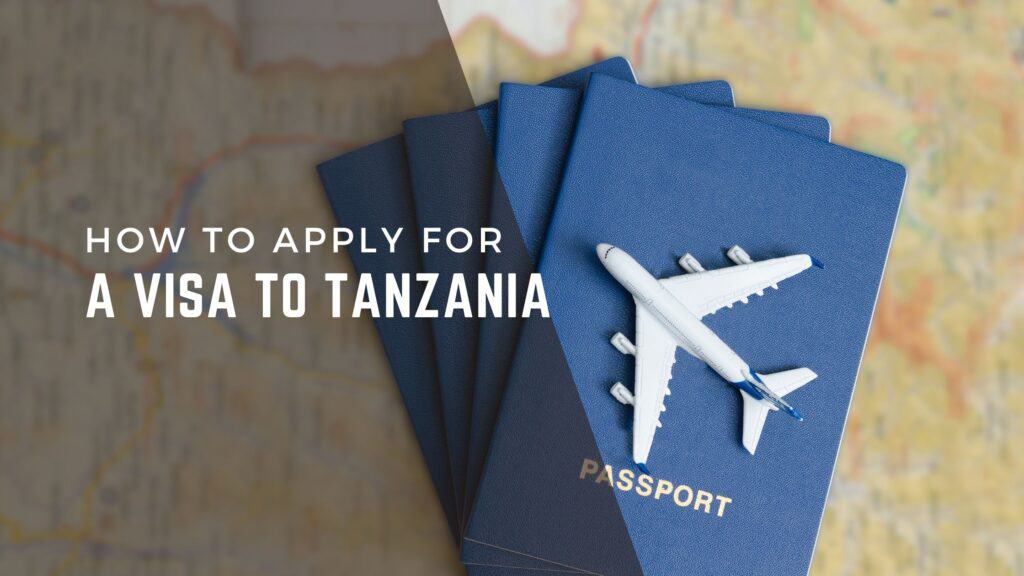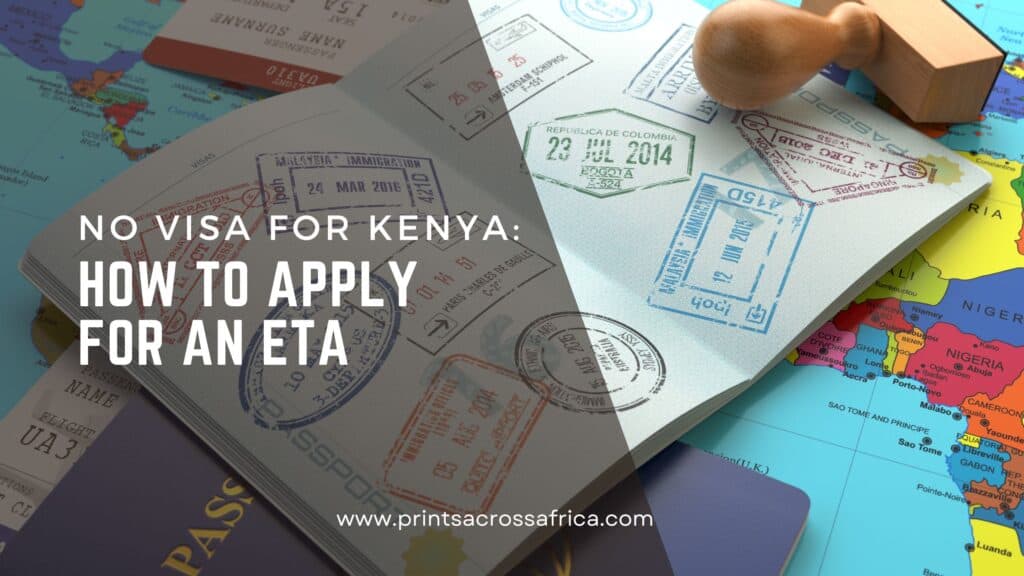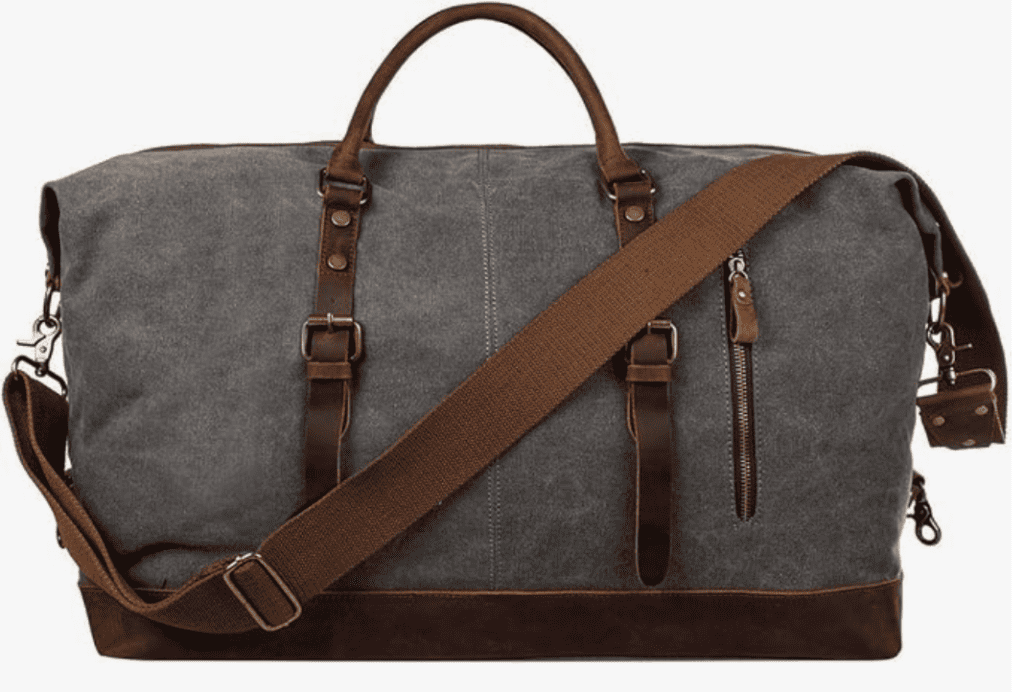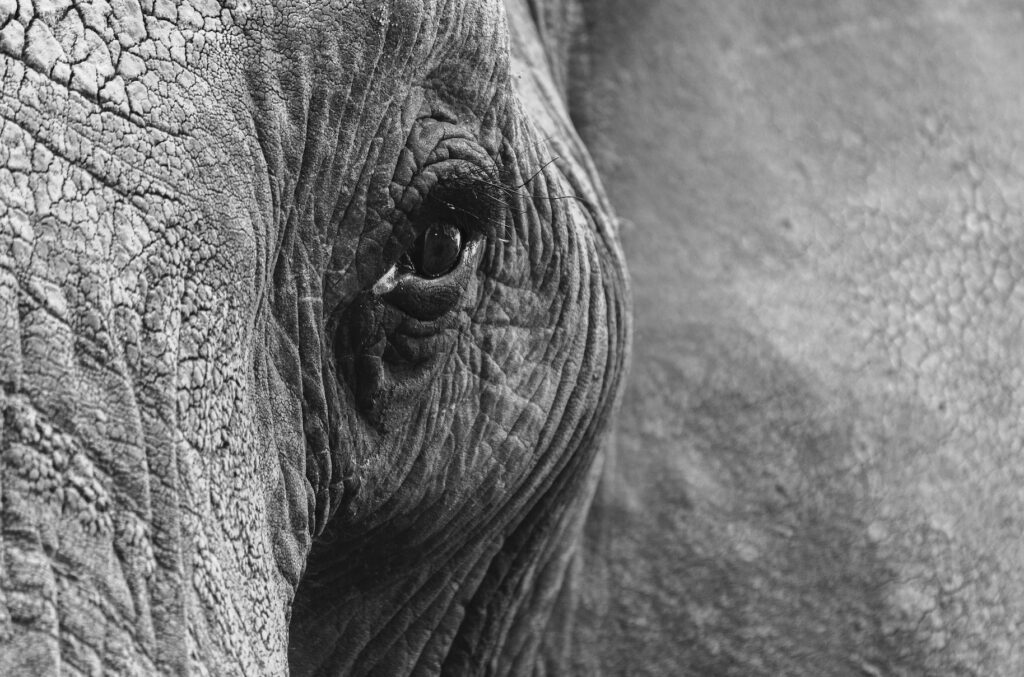You have booked your safari and you’re getting very excited, but besides telling all your friends of your safari travel plans, there are several things you need to prepare for your East African safari.
Keep reading for a list of what you need to do once you have booked your safari.
Disclosure: This post may contain affiliate links, meaning I get a commission if you decide to make a purchase through my links, at no cost to you.
How to prepare for your East Africa safari
Book Flights
Book flights – if you haven’t already then you need to get your flights booked. If possible it is always better to arrive in the morning and leave in the evening. This enables you to maximise your time on safari and gives you a bit of leeway if there are any delays.
If you are doing the norther safari circuit in Tanzania (Tarangire, Lake Manyara, Ngorongoro, Serengeti or something similar) then you will need to fly to Kilimanjaro International Airport. For the Southern circuit you will fly to Dar Es Salaam.
For Kenya safaris you will need to fly to Jomo Kenyatta International Airiort.
Book an appointment for Vaccinations and Malaria pills
Book an appointment with your doctor to ask about vaccinations and malaria pills. This blog will give you an idea of vaccinations you might need but it is always best to speak to a doctor for a professional opinion.
Purchase travel insurance
Purchase travel insurance, sometimes flights get delayed, or baggage gets lost so it’s always a good idea to have travel insurance and sometimes it is a prerequisite for your safari company.
Apply for your visas
Apply for your Visas. For all of the visas, I would advise giving yourself at least 2 weeks to obtain. Once you have your flight details and have booked your safari you may as well apply for your visa then. They can take as little as a couple of hours, the average is 3-7 days but it can easily take longer.
For a visa for Tanzania read this blog post: How to apply for a visa for Tanzania.

For Kenya techincally, you no longer require a visa, but you do need an eTA (which is effectively a visa) so make sure you read this blog post for further information:

If you are going to Rwanda, Uganda and/or Kenya you can apply for an East African Visa, which allows you multiple entries into the countries mentioned and is valid for 90 days. You must apply for the country you are visiting first.
Start packing/purchasing for your packing
Start thinking about packing and purchasing anything you might need. Read this blog post: What to pack for an African Safari for a list of everything you will need. You might also need to think about the bag itself. If you are travelling on one of the domestic flights, for example from the Serengeti to Zanzibar, then you will need a soft-sided luggage bag with a maximum of 15/20kgs (depending on the airline). Something like this:

Get a camera and start practicing
Also consider if you are taking a camera, you might need to purchase a new lens or camera body for your trip. This blog post: 6 simple wildlife photography tips to secure that outstanding shot.
I currently use a Nikkon D500 with a variety of lenses including a 70-200, 100-400 and probably my most used is a 100-600mm. For safari you will need at least a 400mm lens to be able to get closer shots like this one:

However, if I were going to purchase a new camera now I would definitely get a mirrorless camera. DSLRs are all technology now and it’s worth investing in a mirroless if you are purchasing now. I personally would get a Nikkon Z9 as I already have a Nikkon Lens.
However, I also think Sony are a great purchase for Mirrorless cameras. There are many different Sony options and it depends a lot on how likely you are to use the camera again and what are you going to do with the photos afterwards.
If you want good photos but are not interested in buying a camera, learning how to use it and looking through a camera lens the whole trip, then send me an email or schedule a call with me and I can organise a photographer to accompany you on your safari. This way you can get all of those print-worthy photographs to put on your wall as well as photos of you on safari to show off to your friends.

Research where you are going
Research where you are going. Some people like to do research and some like it to be a surprise. I personally like to have a good idea of where I am going. One big question around safari in East Africa is usually regarding safety, if this is also on your mind you can read this blog post: Your ultimate guide to safe safari planning in East Africa.
You might also want to have a look at the weather at the time of your travel and top things to do and see around the area if you have some extra time perhaps at the beach in Zanzibar or Lamu. Read this blog post: The most important travel info for East Africa: what you need to know in 2024
Also, research the culture of where you are going to ensure you don’t inadvertently offend anyone while on your trip. For example, both Stone Town and Lamu Town have a high Muslim population, it is therefore advised that you dress conservatively, especially while in the towns, on the beach it is ok to wear swimwear of course.
Find out if there is anything you can bring to donate
In many cases, there will be an opportunity to visit a local village, Maasai Boma or a charitable organisation. Even if you are not visiting one yourself you can always bring donations that can be distributed to where they are needed. Items like sports equipment, sanitar products, solar panels, books, old laptops etc are always gratefully received.

Post on your Instagram and Facebook and tell all your friends about your upcoming safari
While you are at it follow us on Instagram and Facebook and get in touch if you have any questions then start getting excited for your trip!
If you haven’t yet planned your safari then all you need to do is answer a few simple questions in the quiz below to get a free customised safari itinerary done for you.












0 Comments